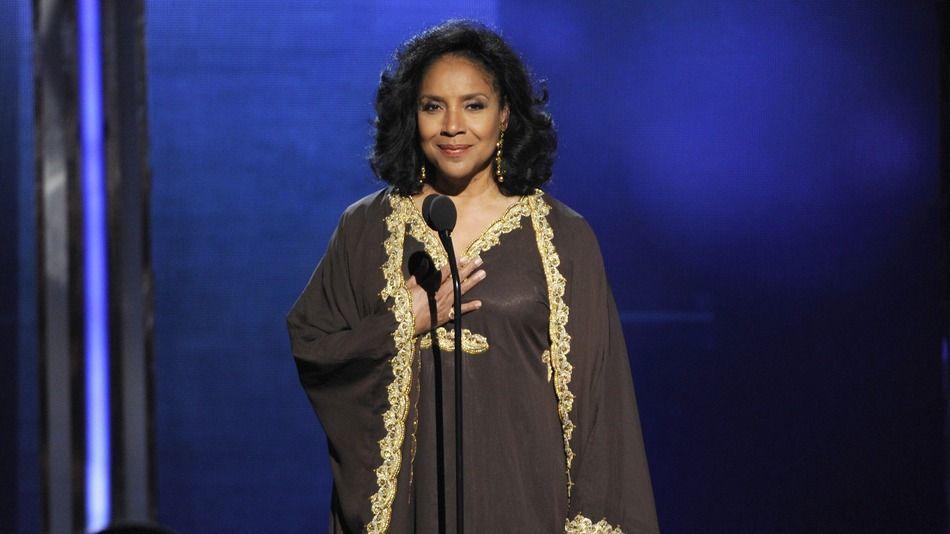Phylicia Rashad’s Claire Huxtable acts as the voice of reason on “The Cosby Show.” Calm, level-headed and wise, Rashad plays the perfect foil to Bill Cosby’s goofy, wisecracking Heathcliff.
But despite her onscreen persona, Rashad’s recent defense of Cosby against more than 20 accusations of sexual assault plays into a dangerous narrative used to discredit the victims of sex crimes.
In an interview with Showbiz411, Rashad claimed the allegations are part of an orchestrated attempt to destroy the comedian’s legacy, saying “someone is determined to keep Bill Cosby off TV.”
Casting accusers as malevolent or vengeful and the accused as an innocent person under attack is a time-tested method of sweeping sexual assault under the rug.
Rashad’s comments bring to mind the 2012 Steubenville rape controversy, in which some commenters seemed more concerned with the football careers of the young men accused of the crime than the well-being of the girl they were convicted of raping.
In order to avoid the trap of victim-blaming, we need to recognize and address the biases we face when confronted with beloved public figures accused of crimes against relatively anonymous people. This is especially true on college campuses like the University’s, where football programs make near- unassailable demigods of young people who are as capable of sexual violence as anyone else.
This is not to comment on the truth of the allegations against Bill Cosby. Rather, we should try to be more thoughtful about how we talk about sexual assault.
There is a certain paranoia that creeps into discussions of rape that does not seem to hold sway over conversations about other crimes. Would the conversation be different if 20 people accused Cosby of robbing a convenience store or mugging them on the street?
Perhaps it is out of genuine concern for Cosby’s legacy. Discussion of celebrity rapists is tainted by culturally ingrained tropes like the spurned lover, the petulant fangirl, the “slut who asked for it” — all of whom might have motives to lie about having been sexually assaulted. Certainly, no just society cherishes the thought of imprisoning someone — much less a beloved, fatherly celebrity — on false charges.
To examine this case fairly, we should remember that justice is a two-way street. Yes, Bill Cosby is a beloved American icon, but being a celebrity does not place him above the law or make him any less prone to doing terrible things than anyone else.
The same goes for the women who have accused Cosby. Most of them are not famous, but their claims hold just as much weight under the law as Cosby’s do.
I challenge Americans to think about these allegations — and yes, they are allegations — without resorting to conspiracies and victim-blaming. Rashad said that we should “forget these women,” but let us think about sexual assault with the due process of mind we afford to other crimes. Man or woman, famous or unknown, everyone involved in this controversy is entitled to as much as American citizens.
Alex Mendoza is a 22-year-old political science and international studies senior from Baton Rouge. You can reach him on Twitter @alexmendoza_TDR.
Opinion: Rashad’s defense reveals biases in American society
By Alex Mendoza
January 13, 2015
More to Discover










